* * *
Strength lies not in defence but in attack .
Adolf Hitler
* * *
Adolf Hitler is a name most people are familiar with. When you hear the name you likely think of an infamous villain and a dictator, who ruled with an iron fist, leading people to do his biddingattempting to eradicate an entire religious, cultural, and ethnic group. However, if you picked up this book, you must be wanting to know more about Hitler, perhaps stories that are not so well- known .
* * *
Most people, although familiar with the name Hitler, and familiar with his terrible actions, do not know much about the man himself. Many know what he did once in power, but know nothing of how he got there. This book will increase your knowledge of Hitler and will help you understand how he claimed power .
* * *
In the first part of the book, the focus will be on Hitler, the person. Like anyone else, he was born, had a childhood, and grew up. As a youngster, Adolf likely had no idea what his life would bring, nor did anyone else. In fact, his life brought great tragedy and pain to him. As you learn about the experiences he had, you will better understand how Adolf got to be the way he was. This is not necessarily intended to develop some sympathy for him, only to increase your understanding for who he was, who he became, and perhaps, theoretically, how it could have been prevented. You will have to stay tuned to the Conclusion to fully take away some lessons for how to avoid such traits in your own self .
* * *
In the second part of the book, Hitlers rise to power is reviewed and analyzed. Many forget that he did not end up as the most powerful and influential villain of modern times by himself. He had a lot of help from others with like-minded ideas. There was no one day where suddenly he was in charge. It took time, steps, and planning to get him there. It also took political cunning and violence. Hitlers own views on how to use his power also developed over time. His life, his personality, and the sociopolitical climate he was in, eventually led him to a point where he ordered the extermination of the Jewish people .
* * *
Part three of the book will discuss Hitlers most well-known and heinous acts. It will not be an easy read, but you will likely learn a few details about his role in events prior to and during the Holocaust that you did not know before. You can consider them from a new viewpoint, in light of Parts One and Two. As you continue reading on through the Conclusion, you will also gain knowledge for what came after the war. Hitlers actions were influential on small and massive scales across the entire world. He left legacies that influenced several fields of academic study. Thanks to historians and researchers there is now more knowledge than ever about how to prevent similar tragedies in the future .
Just a man
* * *
Success is the sole earthly judge of right and wrong .
Adolf Hitler
* * *
Most everyone has heard of Adolf Hitler and the atrocious acts he committed. While his dictatorship and the genocide he inflicted on the Jewish people are well-known, his origins and early life may be less familiar to you. Yet, it is important to know a persons beginnings to better understand their ambitions and motivations. Understanding the why can help to prevent repetition of the past .
* * *
Hitlers childhood and early adulthood are understood through historical records and accounts. He also wrote his work, Mein Kampf, as a biography, which provides additional information on his life and his thoughts on his life .
* * *
Adolf Hitler was born in Braunau am Inn, Austria, on April 20, 1889. He came into the world, just like any other person, as a seemingly innocent baby. In the past, many psychologists and biologists believed that people start out largely as a blank slate ready to be written on by their experiences and relationships. Over time, they become fully formed adults. Now, scientists are more aware that biological factors and social factors both influence a persons development .
Adolfs Paternal Roots
* * *
A dolfs father, Alois Hitler, was originally named Alois Schicklgruber when he was born in Austria. His mother (Adolfs grandmother) was a 42-year-old unwed peasant (Maria Schicklgruber). At his baptism, there was no father named for Alois and he was considered illegitimate. In that time and place, such a situation was viewed rather negatively. Alois spent his early years living with his mother and grandfather (Johannes Schicklgruber ).
* * *
When Alois was 5-years-old, his mother married Johann Georg Hiedler. At age 10, he was sent to live with Hiedlers brother. Alois then lived on a farm in the nearby village of Spital. He attended school and learned practices in shoemaking. At age 13, Alois left Spital and went to Vienna to become an apprentice shoe cobbler. He worked in Vienna for five years .



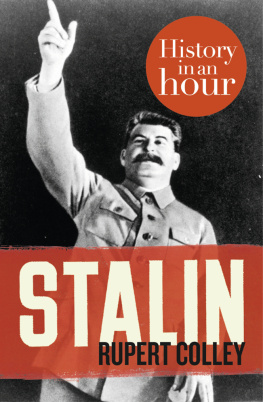
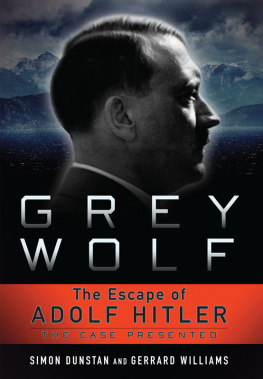
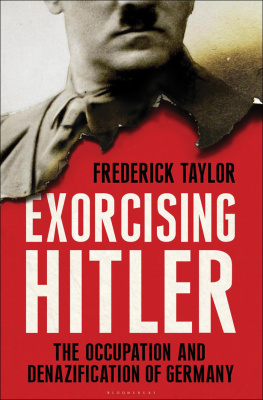
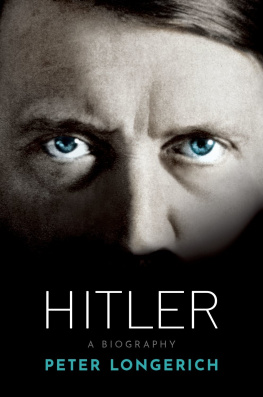

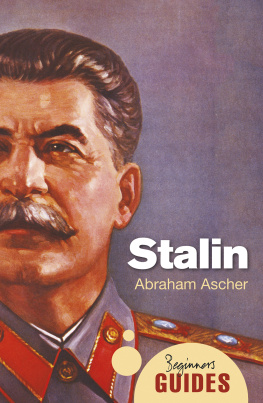
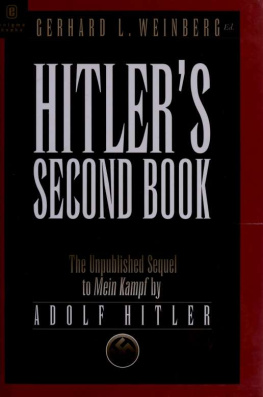
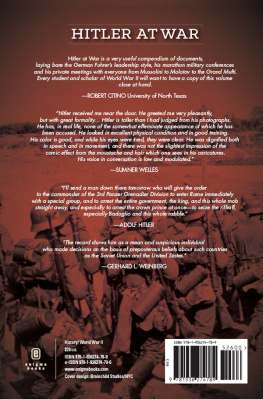
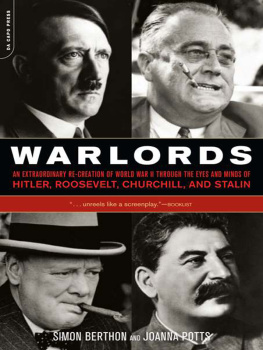



 Facebook
Facebook Twitter
Twitter Instagram
Instagram